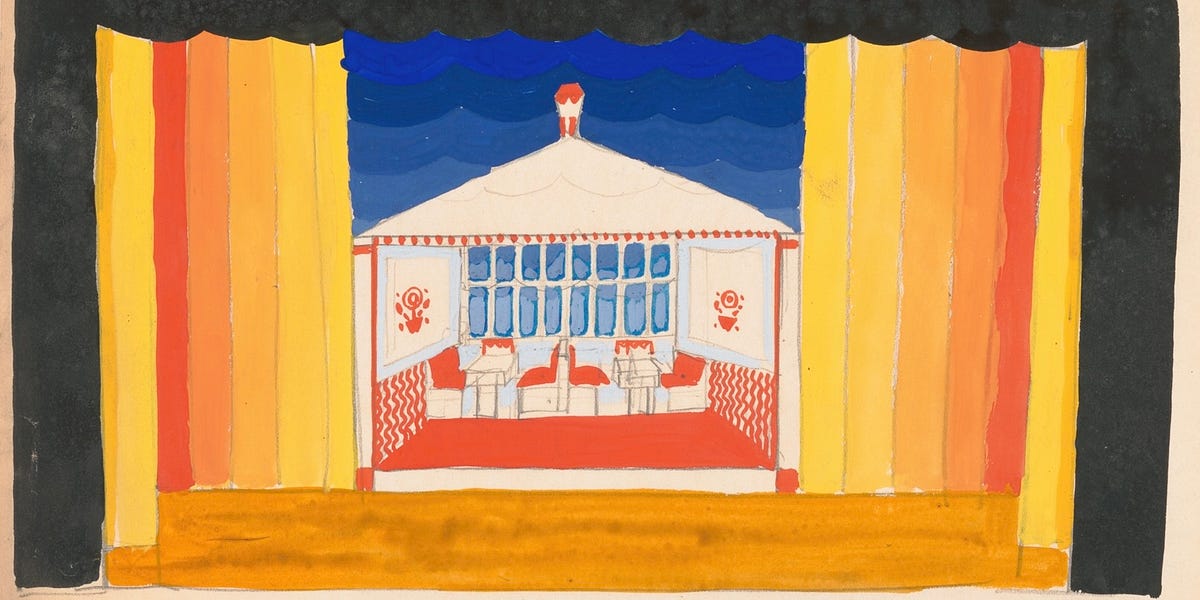Overdue Process
Shared Article from The Foundation for Individual Rights and Expression
FIRE demands answers from Trump admin officials on arrest of Mah…
Agents from the Department of Homeland Security arrested a lawful permanent resident who has been involved in activism related to the current conflict…
thefire.org
. . . Demonstrations occurring on Columbia’s campus since Oct. 7, 2023, have included both constitutionally protected speech and unlawful conduct, but the government has not made clear the factual or legal basis for Mr. Khalil’s arrest. The statements the government has released suggest its decision may be based on his constitutionally protected speech. This lack of clarity is chilling protected expression, as other permanent residents cannot know whether their lawful speech could be deemed to
align toa terrorist organization and jeopardize their immigration status.The federal government must not use immigration enforcement to punish and filter out ideas disfavored by the administration. It must also afford due process to anyone facing arrest and detention, and must be clear and transparent about the basis for its actions, to avoid chilling protected speech. To that end, we request answers to the following questions:
What was the specific legal and factual basis for Mr. Khalil’s arrest on March 8?
What is the specific legal and factual basis for Mr. Khalil’s detention?
What is the specific legal and factual basis on which you are seeking revocation of Mr. Khalil’s green card?
Will Mr. Khalil be afforded the due process protections required by U.S. law?
Is it your intention to seek the revocation of lawful immigration status on the basis of speech protected by the First Amendment?
— Carolyn Iodice (2025), FIRE Letter to Trump Administration Officials on Detention of Mahmoud Khalil
Foundation for Individual Rights and Expression, March 10, 2025



